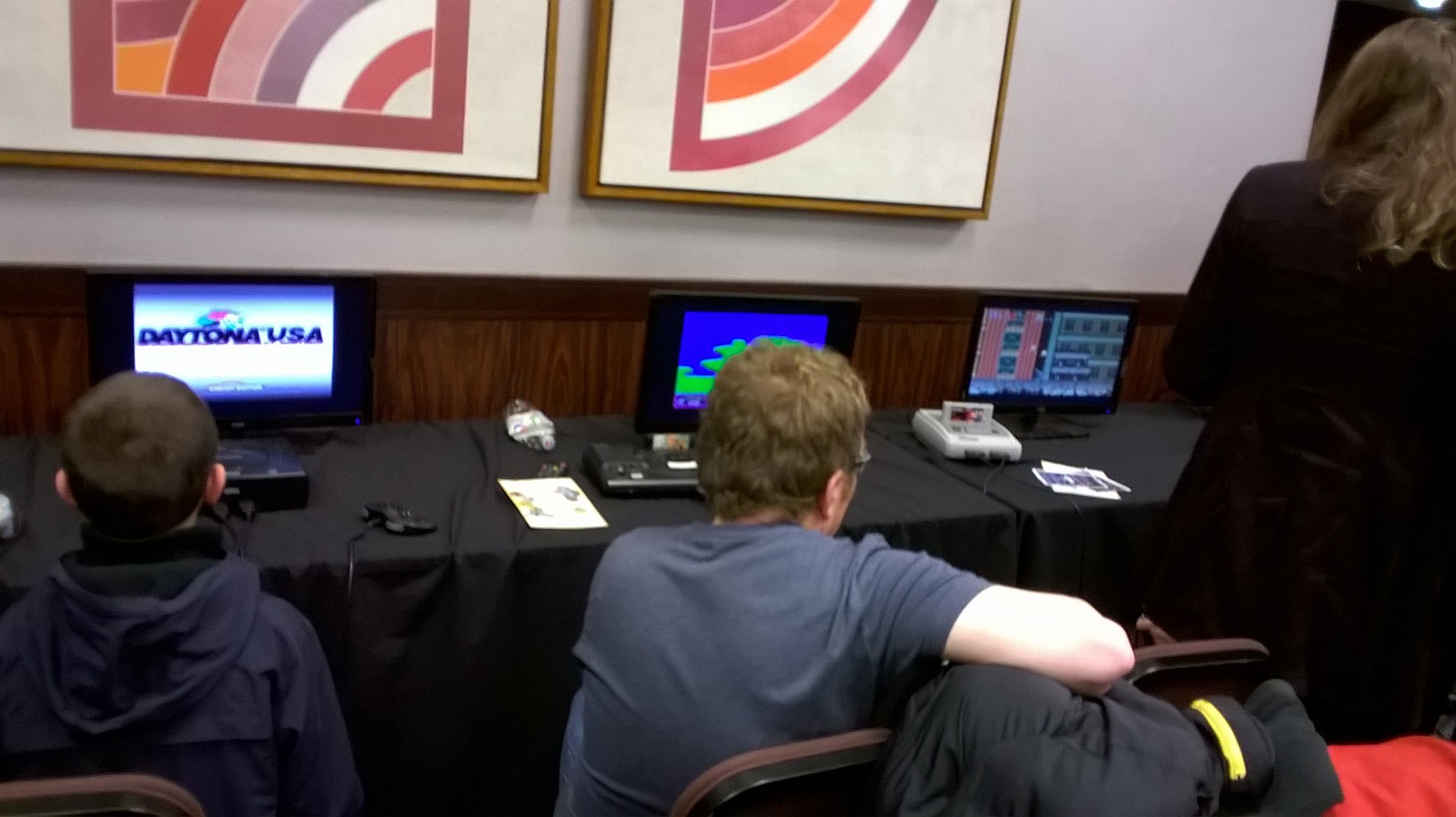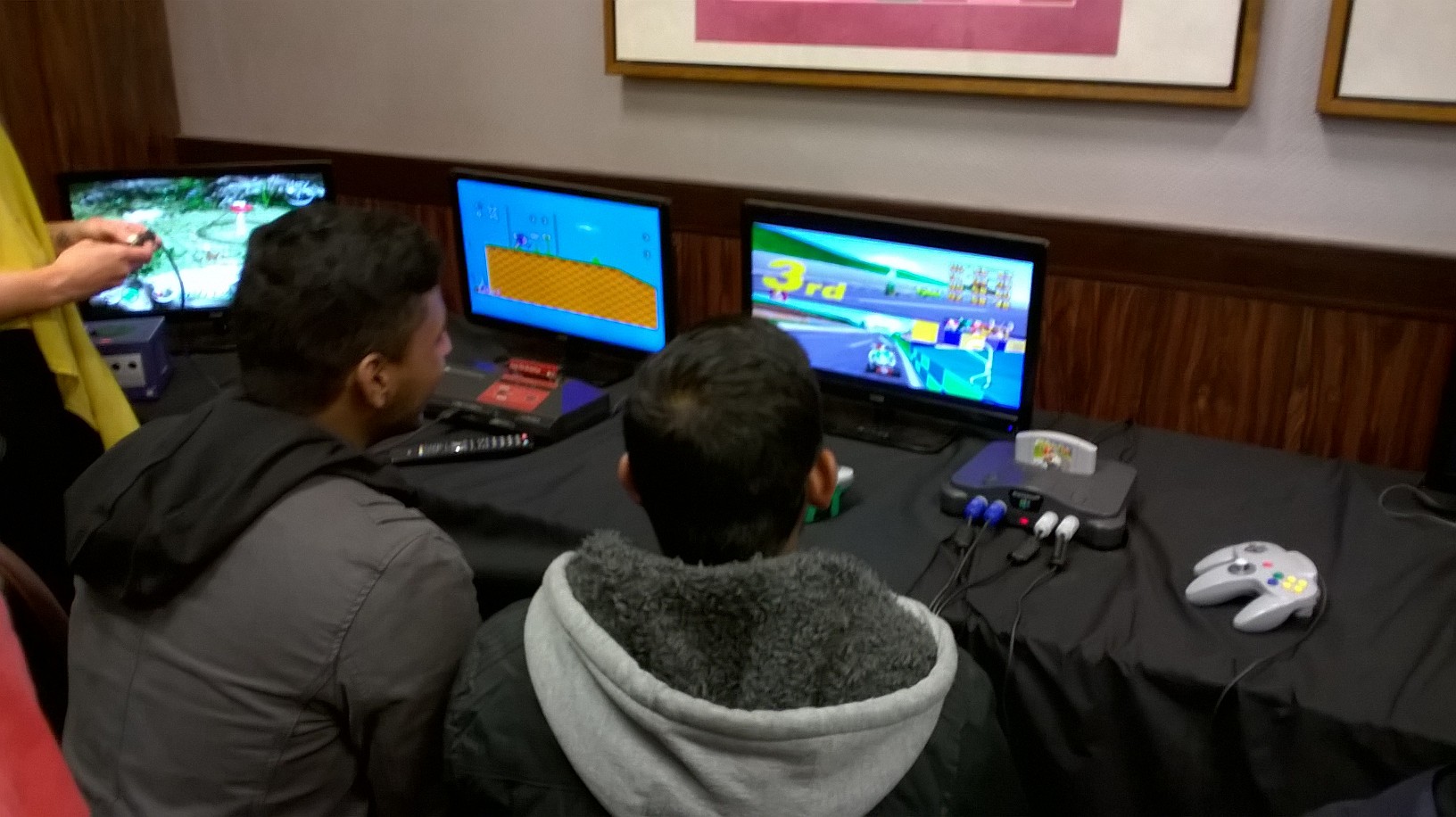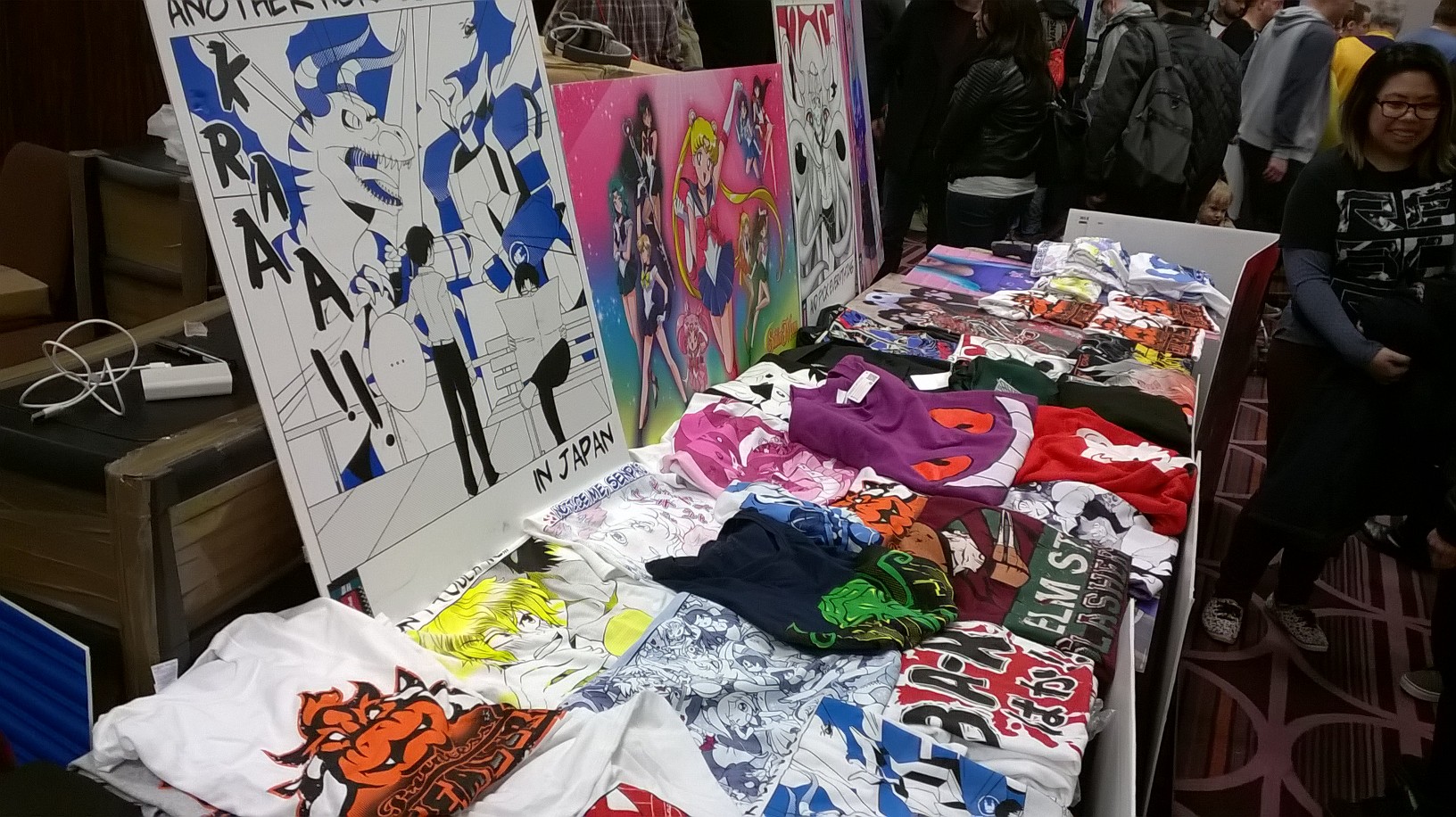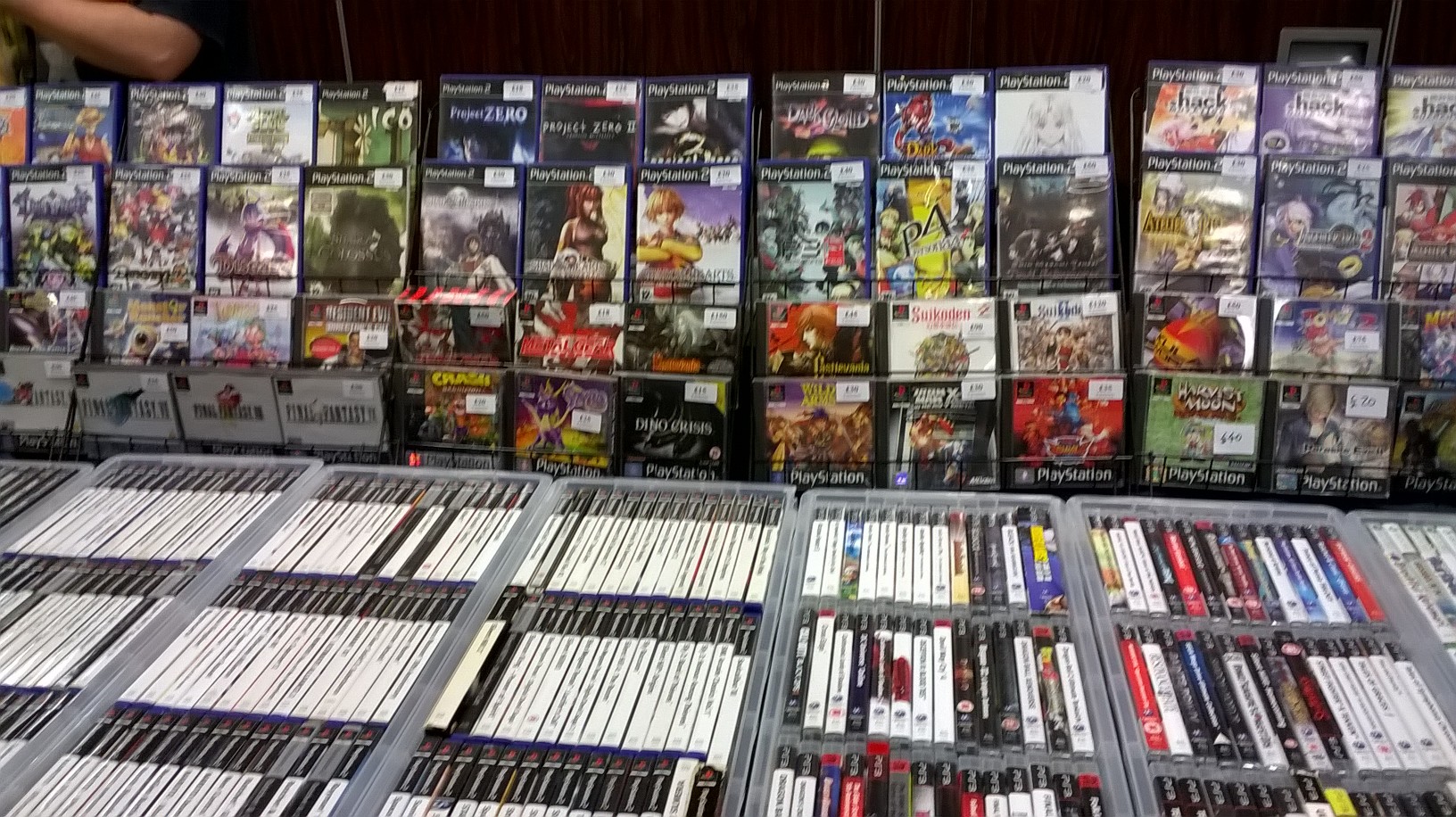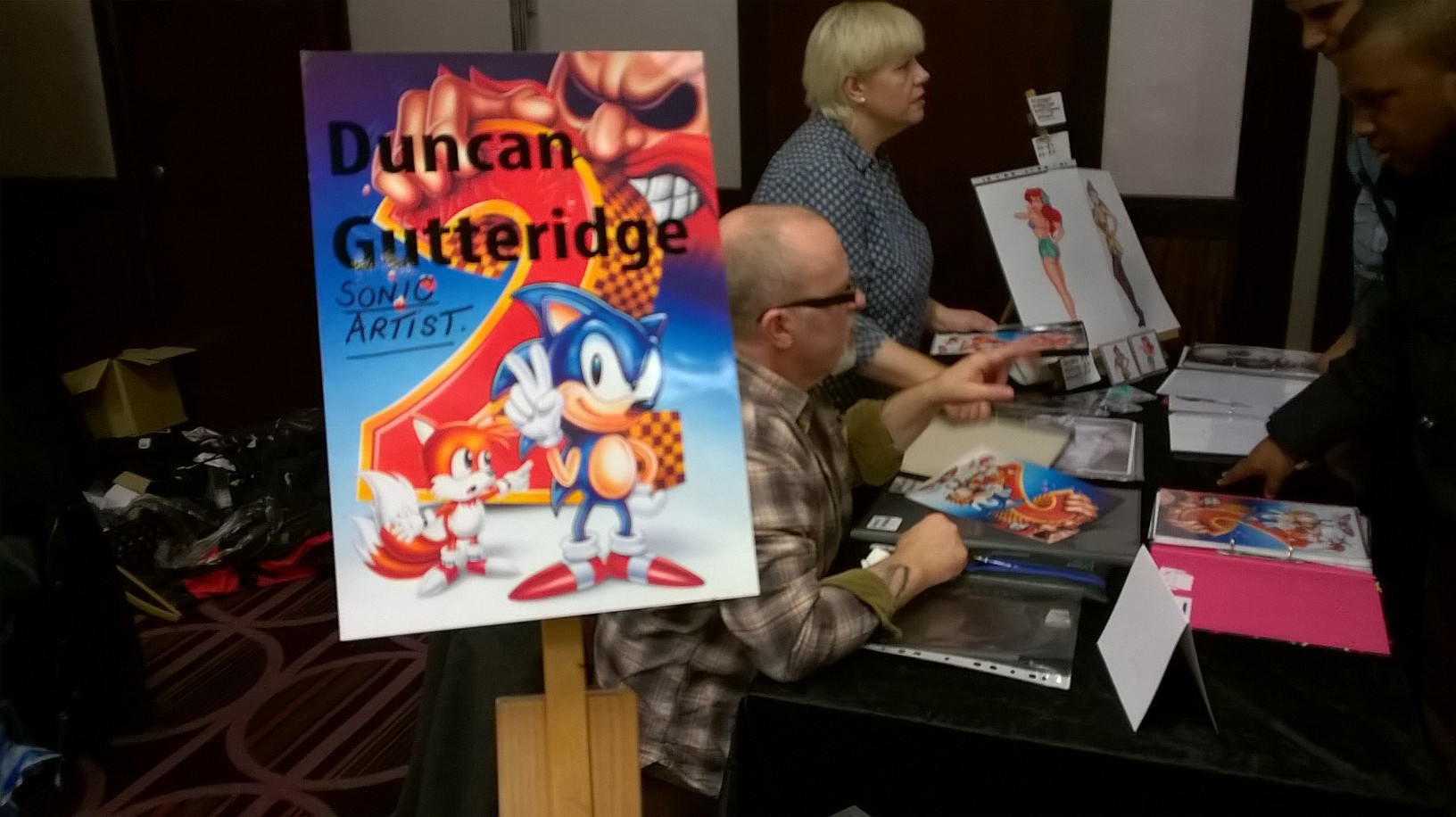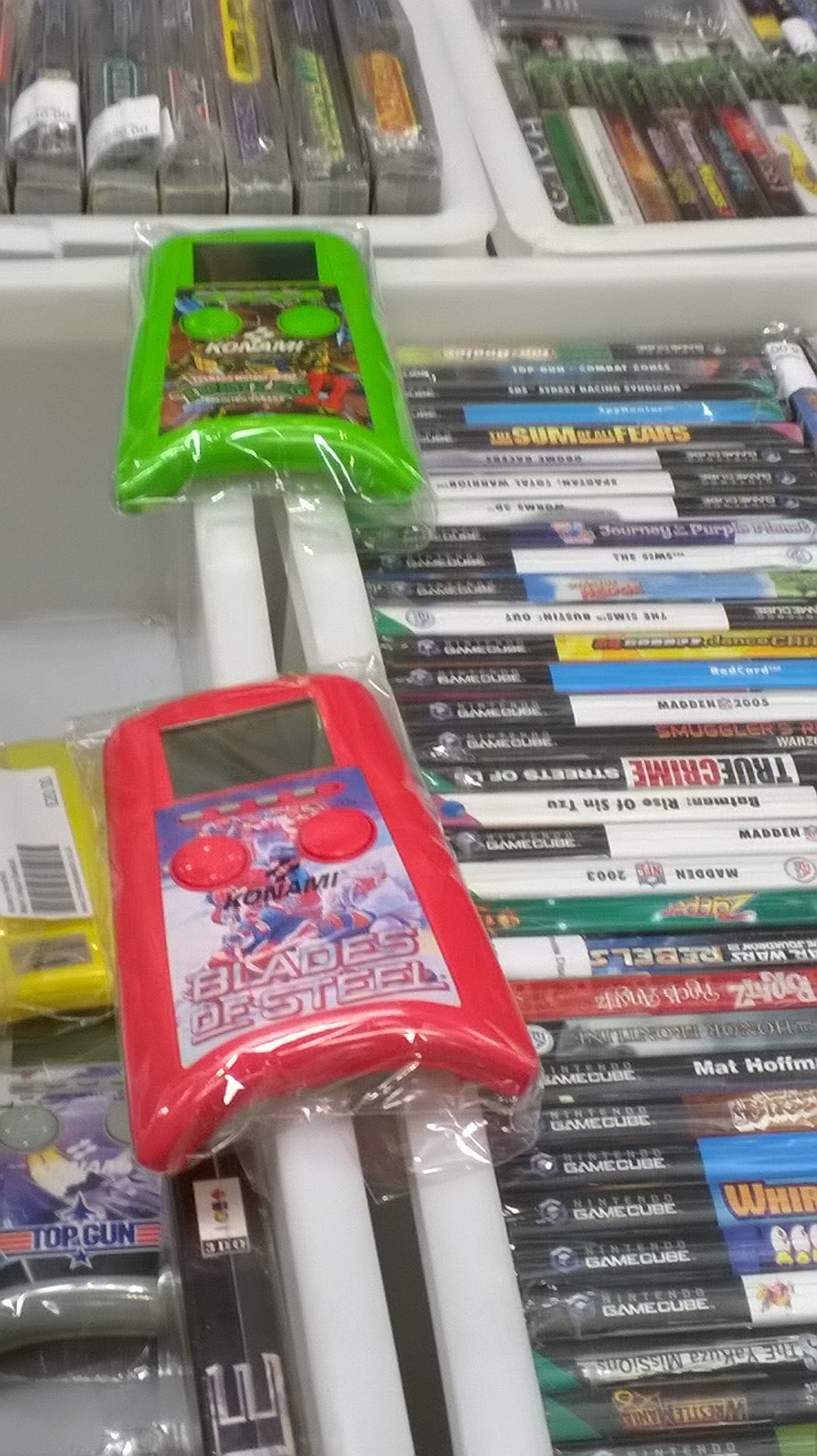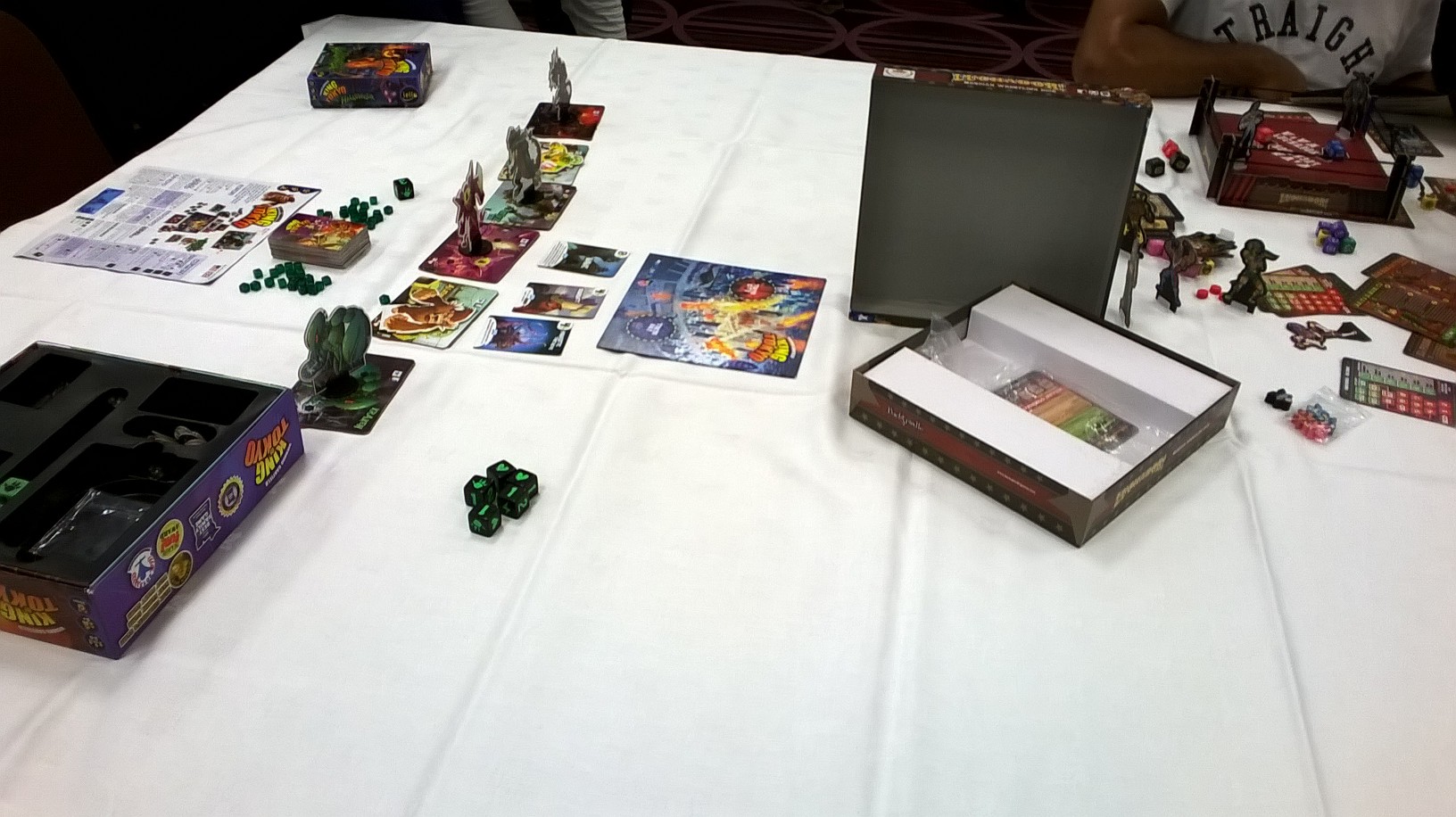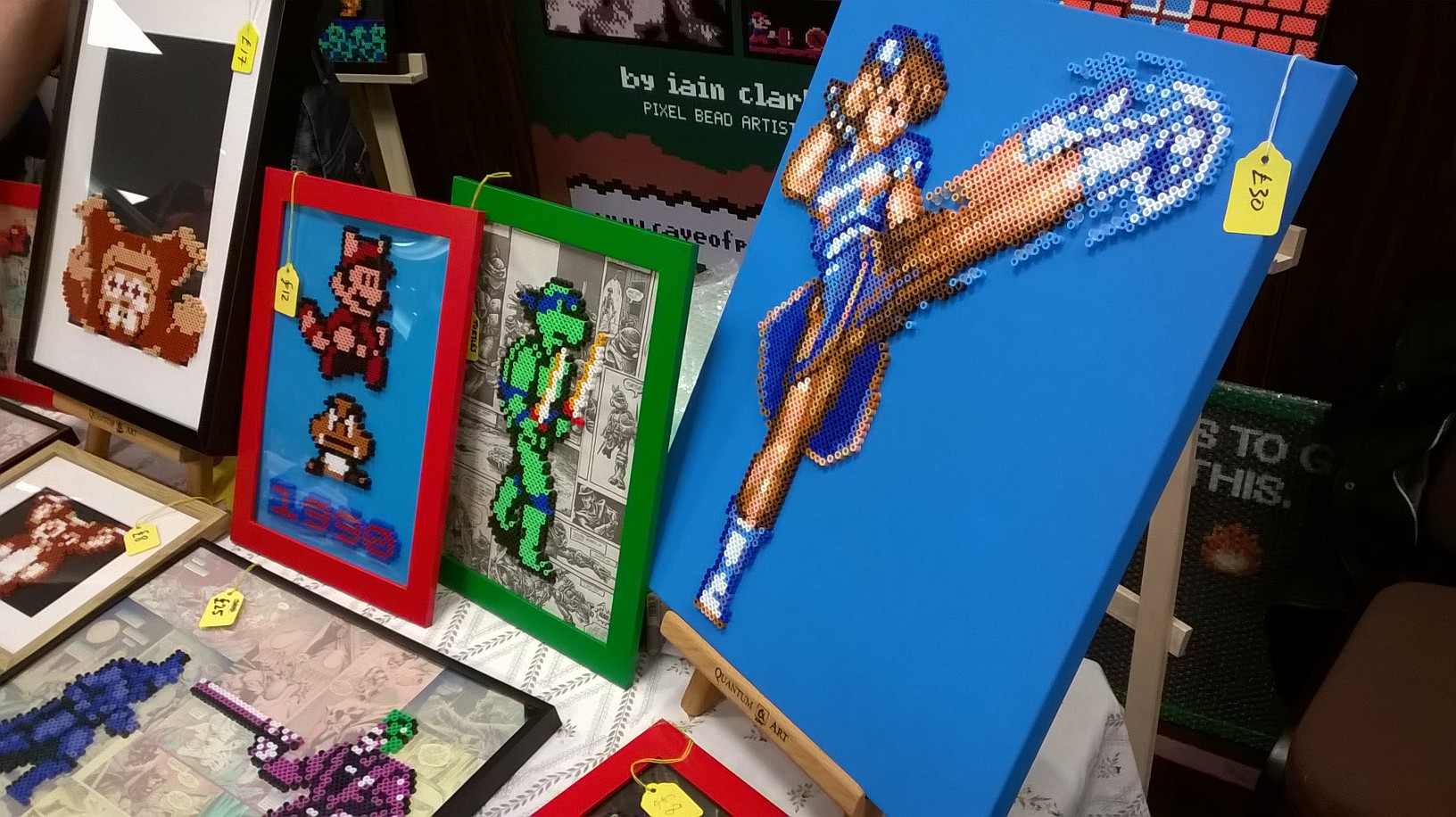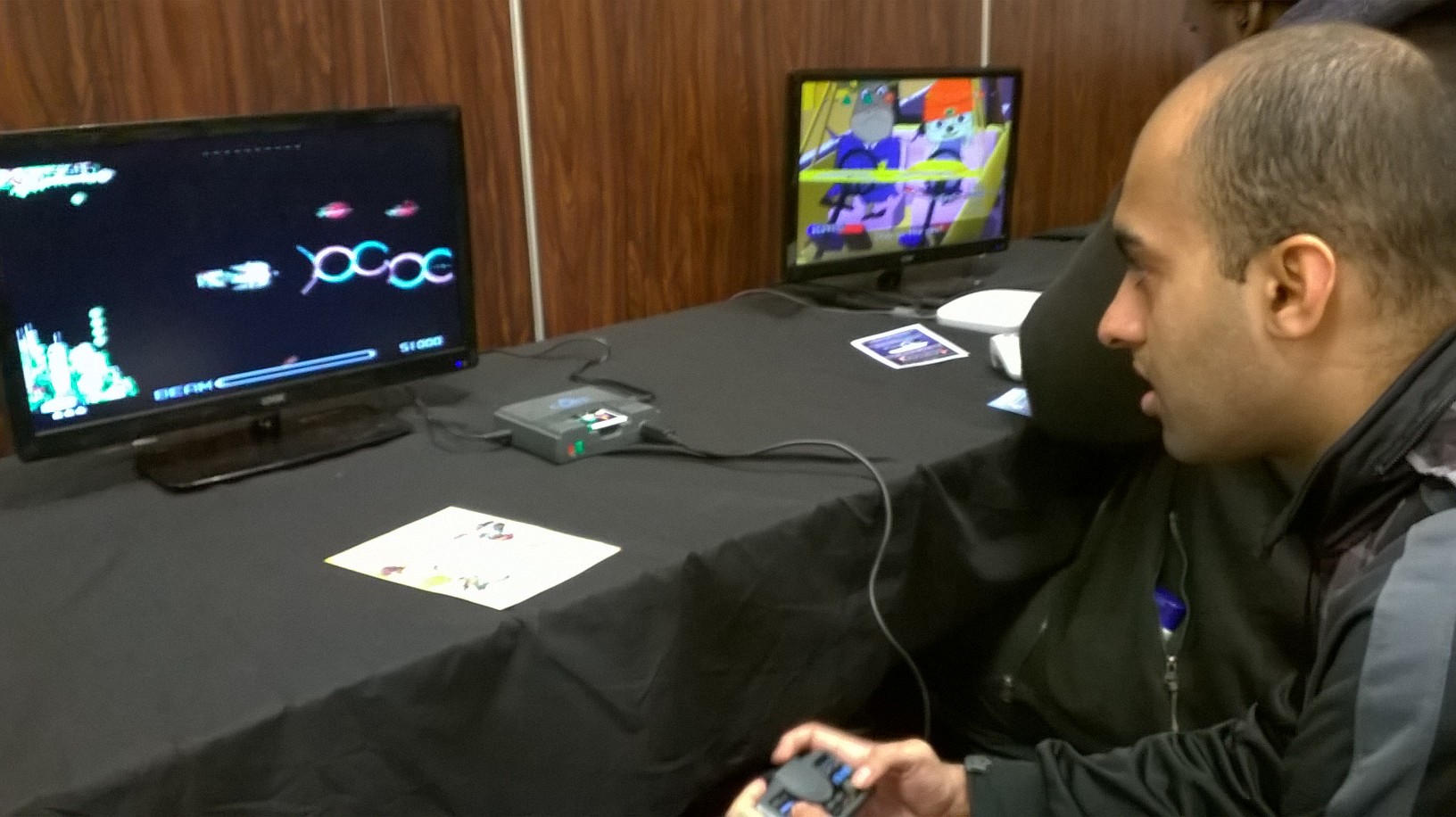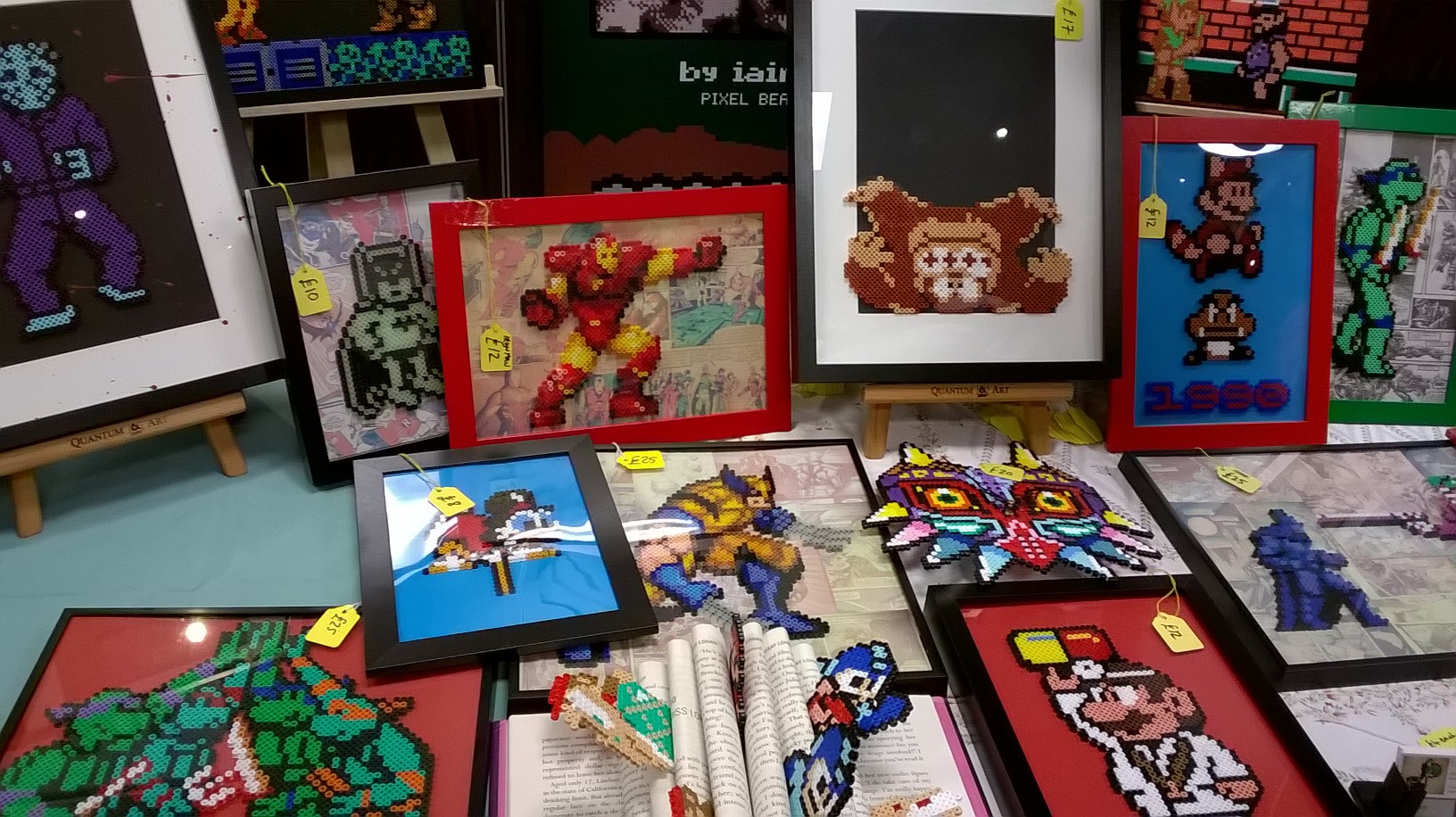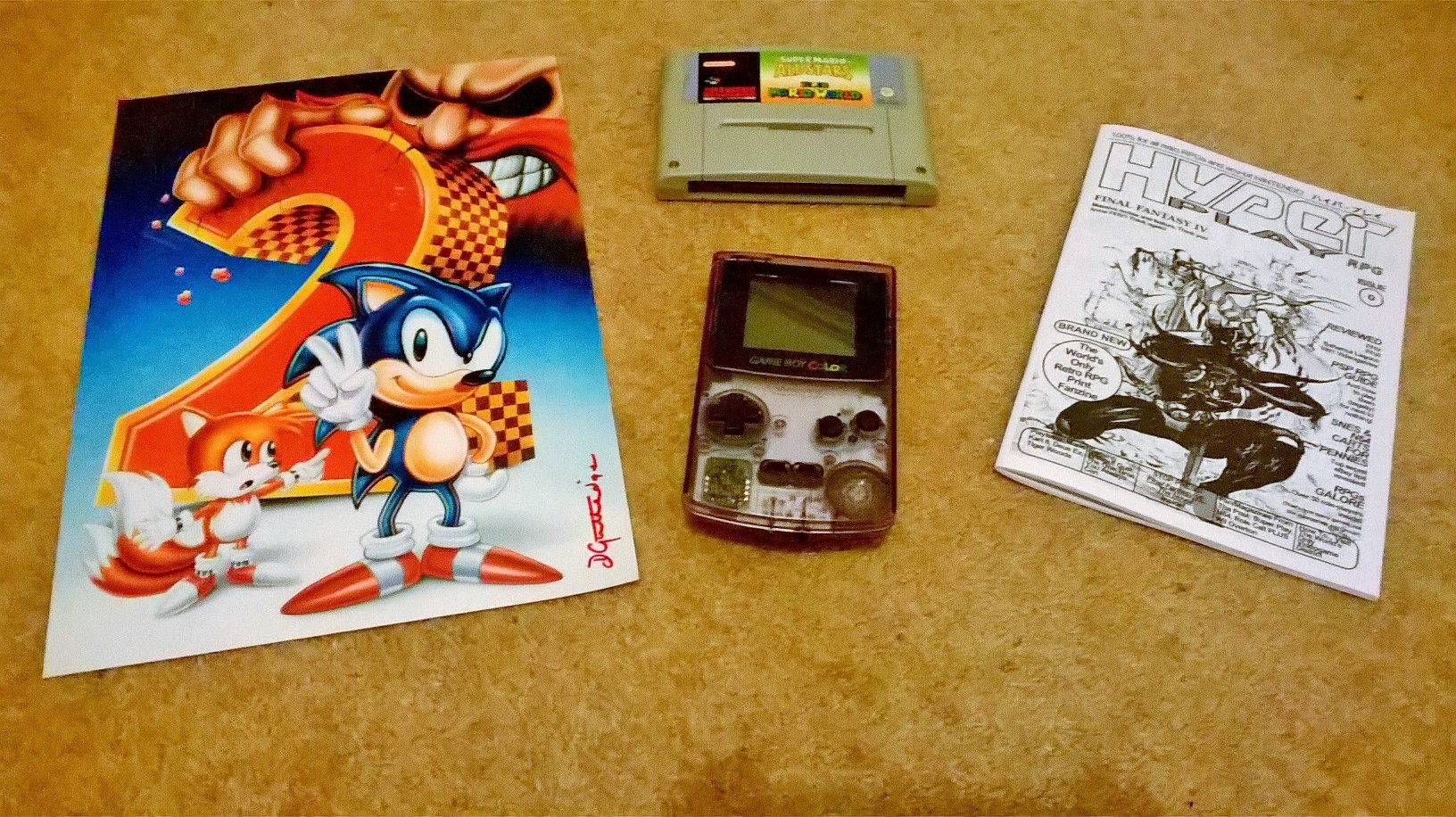Over many years, I've heard many videogame developers and designers talk about how Dungeons and Dragons helped influence their game design philosophy. I've read with interest but have no grounding in this as I have never played a D and D game in my life, despite owning the game for over 25 years! I bought it on a whim on one of my many shopping trip to Forbidden Planet in London as I’d heard so much about it, especially during the Satanic panic that swept across America.
Over the subsequent decades, I've heard much more about it through the various pop culture podcasts I have listened to, hearing the hosts talk about their formative years with the board game and then, of course, through Stranger Things where it gained pop culture traction.
My only context in my youth was the cartoon and the various shops I saw, as well as the Dragon Lance book series I read as a tweenager. Anyways, here's my D and D complete box which had never been played and I hope to organise a game as I have a board gaming group here in Devon who I play Ticket to Ride, Brass and Eclipse with on occasion. A friend informed me that my set might be worth something as they change the ruleset quite often so there's that I suppose.
Maybe I'll get my crew into D and D... We'll see, eh?
LINK- Mysterious Cities of Gold Season 3 (English Dub) -Complete Series Review
LINK: Japan: My Journey to the East
LINK- Ulysses 31 Retro Soundtrack Review
LINK- MCOG Soundtrack on Vinyl Review
LINK- Twin Peaks: The Return Series Review
LINK- Secret History of Twin Peaks: Book Review
LINK- Twin Peaks: The Final Dossier Book Review
LINK- Hilda Comic Series Review
LINK- Disenchantment- Complete Series 1 Review
LINK- Gravity Falls Complete Series Review
LINK- Scooby Doo: Mystery Incorporated Complete Series 1 Review




